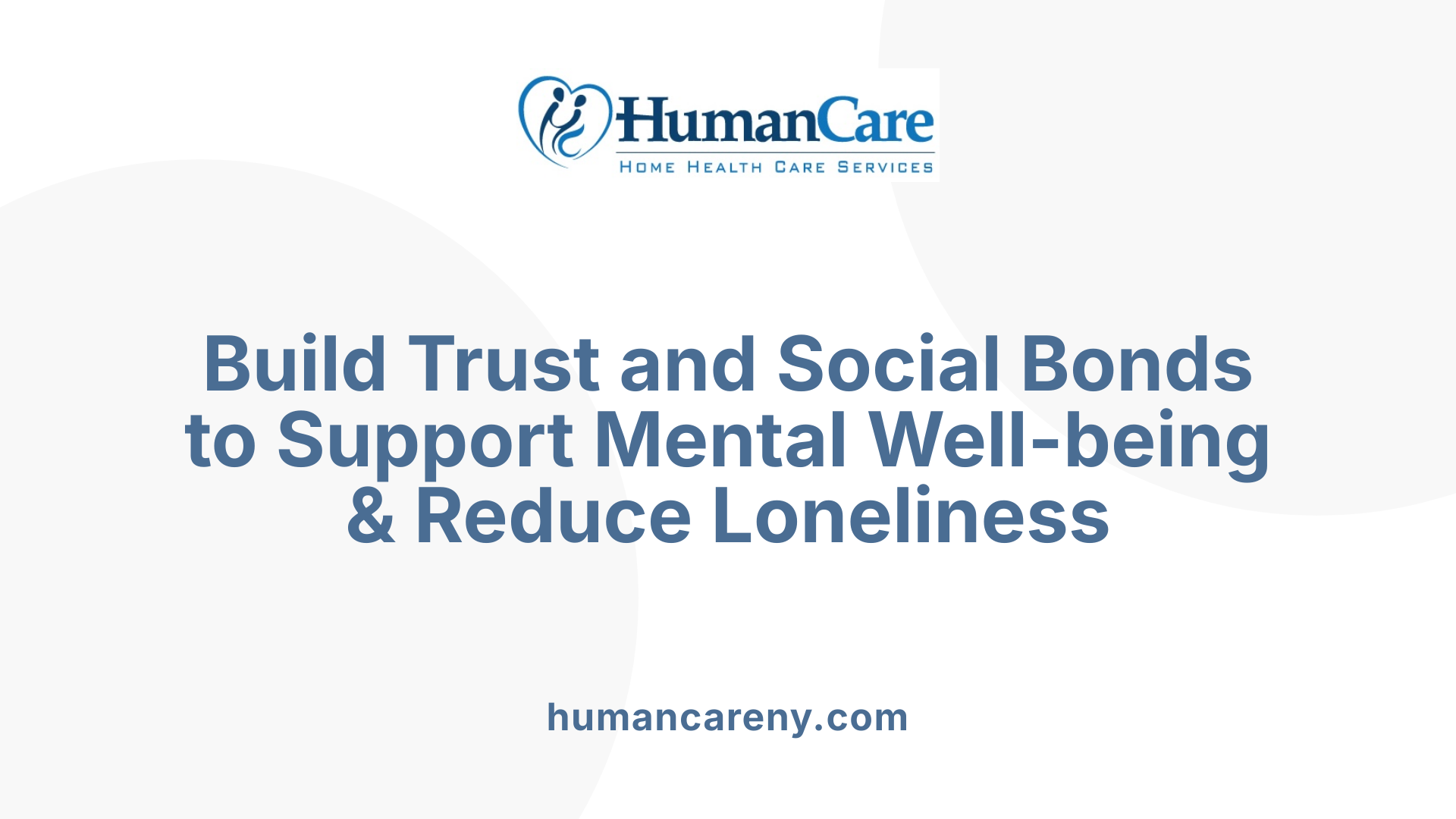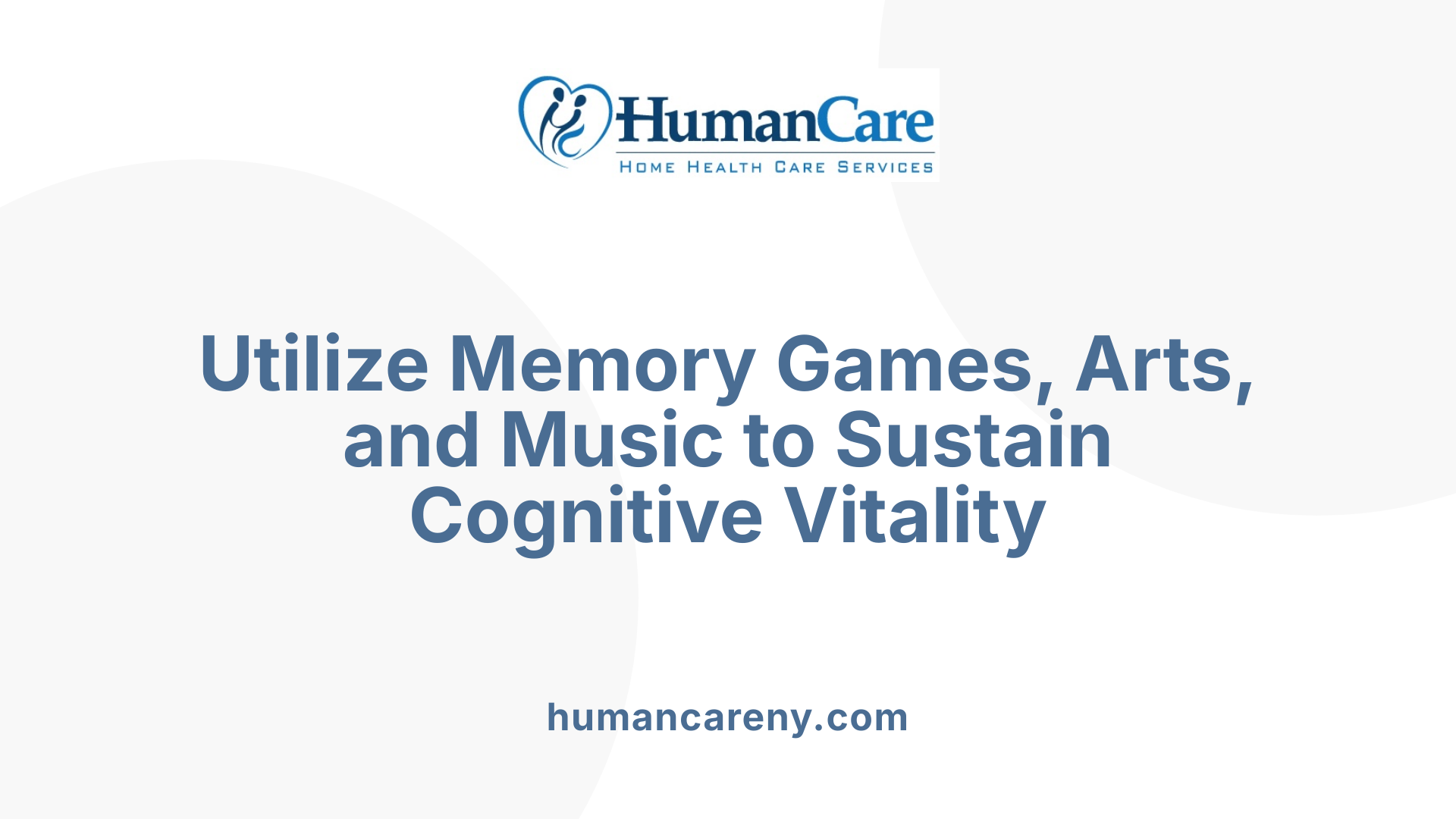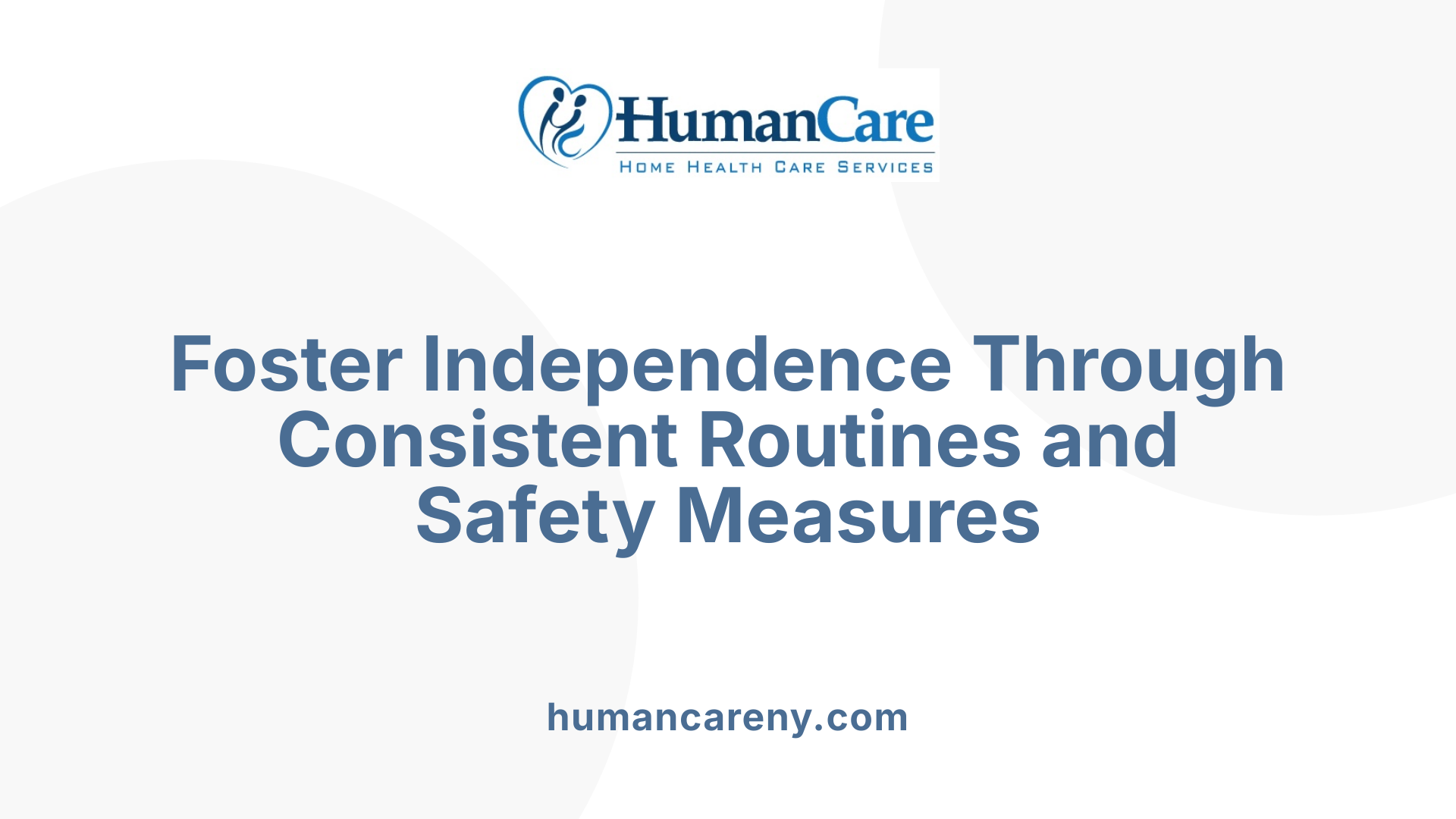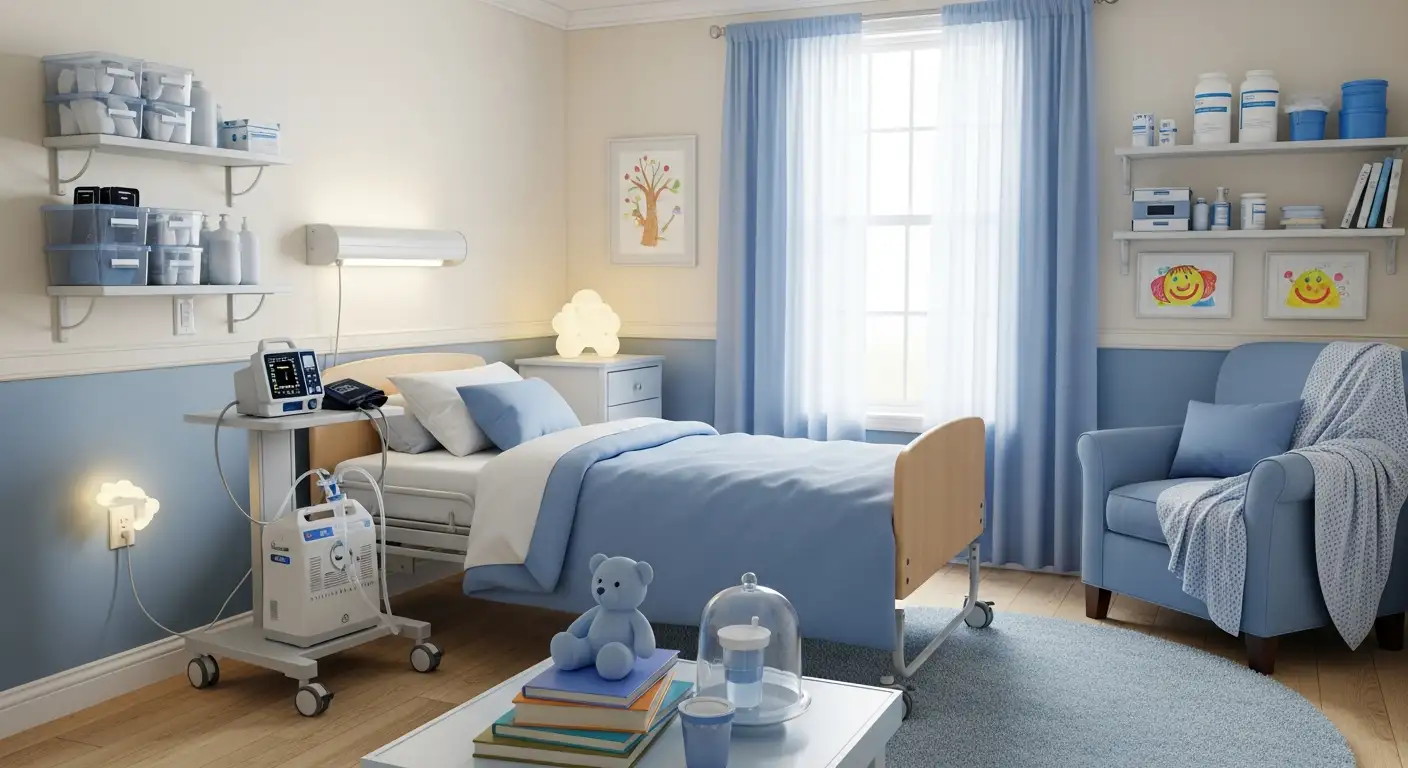Understanding the Impact of Companion Care on Seniors’ Cognitive Health
As the population ages, maintaining cognitive health and mental well-being in seniors becomes increasingly important. Companion care at home offers a personalized approach that combines social interaction, emotional support, and engaging activities, all tailored to foster cognitive vitality and emotional resilience. This article explores how compassionate companionship can significantly support seniors in performing cognitive exercises, promoting mental engagement, and improving their overall quality of life.
The Role of Social Interaction in Cognitive and Emotional Health

How does companion care support cognitive health and mental well-being in seniors?
Companion care plays a significant role in boosting the mental health and cognitive vitality of seniors by providing consistent social interaction. Through engaging conversations, shared activities like puzzles, arts and crafts, or listening to music, caregivers help stimulate the senior’s mind, which is essential in slowing age-related cognitive decline.
This human interaction not only encourages mental engagement but also triggers the release of mood-enhancing chemicals such as serotonin and dopamine. These neurotransmitters help improve mood, reduce anxiety, and foster emotional resilience. When seniors participate in meaningful social activities, they maintain better memory, attention, and language skills.
Emotional support and reassurance from caregivers create a sense of security and purpose, which combat feelings of loneliness and hopelessness. Caregivers also assist in building routines involving engaging mental exercises, all of which contribute to preserving and enhancing cognitive functions.
By providing companionship that includes chatting, reminiscing, engaging in hobbies, or even simple activities like walking, caregiver services reduce social isolation and promote overall mental wellness. This holistic approach supports seniors’ independence, elevates their mood, and sustains cognitive health.
What role does companionship play in supporting mental health among seniors?
Companionship is fundamental in nurturing the mental health of older adults. Regular social interactions through companion visits help to diminish feelings of loneliness and reduce the risks associated with social and emotional isolation.
Research indicates that engaging with familiar companions — whether through conversations, shared leisure activities, or joint outings — significantly improves mental health outcomes. These interactions create feelings of belonging and connectedness, which are vital for emotional stability.
Studies have shown that peer companionship programs, including regular visits and calls, can lower depression levels, reduce perceived burdensomeness, and increase overall life satisfaction among seniors. By fostering emotional bonds and offering empathetic listening, companions strengthen resilience against mental health issues.
Furthermore, companionship encourages seniors to stay involved in community, family, and cultural activities, thus maintaining their sense of purpose. It also supports the continued development of social skills like empathy and compassion, which are essential for emotional well-being.
How does social interaction prevent loneliness and depression?
Loneliness and depression remain prevalent among seniors, often leading to negative health outcomes including increased risk of strokes, heart disease, and dementia. Regular social interaction, facilitated by companion care, acts as a powerful preventative measure.
Engaging seniors in conversations and activities like games, listening to music, or reminiscing not only keeps their minds active but also promotes feelings of being valued and cared for. Such interactions release endorphins, which elevate mood and foster a sense of happiness.
Research suggests that older adults who engage frequently in social activities experience a 70% decrease in the prevalence of cognitive decline. Moreover, social engagement helps seniors maintain a positive outlook, which is crucial in warding off depression.
Positively, social bonds also provide emotional outlets, helping seniors express their feelings, share stories, and feel connected to loved ones. This continuous social stimulation reduces feelings of boredom, boredom, and isolation.
Building social bonds and trust
Establishing trust and rapport through consistent, empathetic companionship forms strong social bonds with seniors. Caregivers who take time to understand personal histories, preferences, and routines foster meaningful relationships.
These relationships enable seniors to share their fears, joys, and concerns freely, reinforcing their sense of security and belonging. As trust deepens, seniors become more receptive to participating in social activities and opening up emotionally.
Strong social bonds further promote cooperation and adherence to routines, enhancing overall well-being. They also make seniors more resilient to stress and age-related cognitive changes.
| Aspect | Benefits | How It Supports Senior Well-Being |
|---|---|---|
| Social interaction | Mood boost, mental stimulation | Improves memory, reduces depression |
| Building trust | Emotional security | Encourages openness, participation |
| Preventing loneliness | Reduces health risks | Maintains cognitive functions |
| Engaging activities | Happiness, purpose | Enhances emotional and cognitive health |
Ensuring regular, meaningful social engagement through companion care creates a nurturing environment that maintains mental sharpness, emotional stability, and an overall better quality of life for seniors.
Activities in Companion Care That Stimulate Mental and Cognitive Functions

What activities are used in companion care to help seniors with cognitive exercises?
In companion care, caregivers utilize various activities designed to stimulate mental processes and support cognitive health. These include engaging seniors with memory games, puzzles, and word challenges that boost brain function and enhance problem-solving skills.
Reminiscing and storytelling are also integral parts of cognitive stimulation. Sharing past experiences not only evokes memories but also encourages verbal communication and emotional connection. Art and music therapy are highly effective, with caregivers facilitating activities like painting, drawing, listening to music, or singing, which activate different areas of the brain.
Creative hobbies such as crafts or gardening help improve hand-eye coordination and provide a sense of purpose. Caregivers may introduce mind-training apps or digital games tailored for seniors, promoting mental agility.
Structured conversations, discussion of current events, or learning new skills, such as language or photography, further support cognitive engagement. These activities are personalized, depending on the senior's interests and abilities, to maximize their benefits.
Overall, the goal of these tailored activities is to slow cognitive decline, foster emotional well-being, and enrich the overall quality of life for seniors.
How effective are cognitive interventions for older adults?
Research indicates that cognitive interventions are quite beneficial for older adults. Through systematic reviews and studies, evidence shows that engaging in targeted mental activities can improve both general and specific cognitive functions.
These programs often produce long-lasting benefits, sometimes persisting for months or even years, and are particularly helpful in slowing cognitive decline in individuals with early signs of dementia. They also improve performance in daily activities, such as managing medications, cooking, or shopping.
Combining cognitive exercises with other healthy lifestyle choices, like regular physical activity, good nutrition, and social engagement, amplifies their positive effects. These holistic approaches contribute to better overall mental health and lower the risk of future decline.
While cognitive interventions greatly support mental functioning, they are not a cure for neurodegenerative diseases. However, they help maintain independence and improve quality of life, making them a vital part of senior care.
Activities in elder care that support mental health
| Activity Type | Description | Benefits |
|---|---|---|
| Memory Games & Puzzles | Crosswords, jigsaw puzzles, matching games | Improve memory, attention, and problem-solving |
| Artistic & Creative Activities | Painting, crafts, music, storytelling | Enhance emotional well-being and cognitive flow |
| Conversation & Reminiscing | Sharing stories, discussing past experiences | Boost verbal skills and emotional connection |
| Hobbies & Learning New Skills | Photography, language learning, cooking classes | Promote neuroplasticity and lifelong learning |
| Brain Training Apps | Digital programs tailored for cognitive health | Stimulate mental agility and focus |
These activities are essential in companion care to help seniors retain their mental sharpness, foster emotional connections, and improve overall quality of life. They provide meaningful engagement that supports both cognitive and emotional health, thereby helping seniors lead more independent and fulfilling lives.
The Impact of Physical and Creative Activities on Cognitive Aging

How do light physical exercises benefit seniors?
Light physical activities such as walking, chair exercises, or gentle stretching are essential for maintaining physical health and can have lasting effects on cognitive functions. Simple activities like walking or gentle Tai Chi improve blood flow to the brain, promoting neuron growth and enhancing memory and attention.
Companion caregivers often encourage seniors to participate in these activities by accompanying them on walks or guiding them through exercises. These movements also help improve balance and coordination, reducing fall risk, which contributes to a safer environment and mental peace.
Engaging in physical exercises releases endorphins, which uplift mood and combat feelings of depression and anxiety. This mental well-being directly supports cognitive health, making physical activity a vital part of a holistic approach to aging.
How do arts and crafts, music, and singing support mental health?
Creative activities like arts and crafts, listening to music, or singing sessions offer stimulating and enjoyable ways to keep the mind engaged. Companions can facilitate these pursuits by organizing craft projects, playing instrumentals, or singing songs with seniors.
Arts and crafts help strengthen hand-eye coordination and fine motor skills while fostering a sense of accomplishment. Music and singing evoke memories, improve mood, and create emotional bonding moments. These activities stimulate the brain regions responsible for language and emotion, contributing to preserved cognitive function.
Participating in musical activities also encourages social interaction, which has shown to significantly lower risks of cognitive decline. The combination of creative expression and social connection makes these activities powerful tools against mental aging.
What are the cognitive and physical benefits of engaging in these activities?
Engaging in both physical and creative activities leads to an array of benefits for seniors. Regular movement supports the development of new neural connections, reinforcing existing pathways and protecting against cognitive deterioration.
Activities like arts and crafts or playing music enhance cognitive skills such as problem-solving, attention, and memory. Meanwhile, physical exercises improve overall brain health by increasing oxygen and nutrient delivery.
Table 1 summarizes how these activities contribute to cognitive and physical health:
| Activity Type | Benefits for Seniors | How Caregivers Support |
|---|---|---|
| Light exercises | Improves strength, balance, blood flow to brain | Accompany on walks, guide exercises |
| Arts and crafts | Enhances fine motor skills, promotes purpose | Provide materials, participate together |
| Music and singing | Elevates mood, stimulates emotional centers | Play music, sing along, organize group sessions |
| Overall | Reduces depression, supports memory, improves quality of life | Encourage participation, adjust activities to ability |
Research shows that social interaction and mental stimulation through these activities can reduce the prevalence of cognitive decline by up to 70%. The combined physical and mental engagement not only preserves mental acuity but also enriches overall emotional well-being.
Incorporating a mix of physical exercises and creative pursuits into daily routines, supported by compassionate companionship, offers seniors a meaningful way to age gracefully—preserving independence, happiness, and mental clarity.
Supporting Senior Independence and Emotional Resilience

How can routines support senior independence and safety measures?
Establishing and maintaining daily routines help seniors feel more secure and independent. Regular activities like meal preparation, light housekeeping, and medication management not only promote a sense of normalcy but also reduce risks associated with forgetting important tasks. Companion caregivers assist with these routines by organizing medication schedules, helping seniors with personal care, and ensuring home safety. They identify potential hazards that could cause falls or injuries, creating a safer environment.
By fostering consistent routines, caregivers help minimize confusion and anxiety, which can worsen in unfamiliar or disorderly settings. Routine support encourages seniors to remain active physically and mentally, boosting confidence in their abilities. Ensuring safety measures such as handrails, adequate lighting, and clutter-free spaces also contribute to preventing accidents, supporting long-term independence.
How does encouragement in learning new skills impact elderly mental health?
Engaging seniors in learning activities like arts and crafts, puzzles, or new hobbies stimulates the brain and can significantly improve mental health. Companion care providers can motivate seniors by suggesting suitable activities, assisting with technology, or exploring interests such as photography or language learning. These pursuits promote neuroplasticity, helping maintain or even improve cognitive functions, including memory, attention, and problem-solving.
Learning new skills fosters a sense of achievement and purpose, which enhances self-esteem and emotional resilience. It also reduces feelings of boredom and depression, common among older adults. Caregivers' encouragement and companionship during skill-building activities give seniors social interaction and emotional support, strengthening their overall well-being.
How does medication management ensure safety and support cognitive health?
Proper medication management is vital for maintaining cognitive health and preventing health emergencies. Companion caregivers assist seniors in adhering to prescribed medication schedules, using pill organizers, and understanding their medication routines. This support reduces the risk of missed doses, overdoses, or adverse drug interactions.
A safe medication routine can prevent health complications that might lead to cognitive decline or hospitalization. Additionally, caregivers monitor any side effects or changes in health, alerting medical professionals when necessary.
By fostering a structured way to handle medications, caregivers help seniors maintain their physical health, which directly impacts cognitive functioning. Ensuring that seniors take their medications correctly also promotes confidence in managing their health, which supports emotional stability and independence.
| Support Area | Description | Impact on Independence and Resilience |
|---|---|---|
| Routine Support | Daily activities, safety checks, and hazard identification | Boosts confidence, reduces accidents, maintains independence |
| Learning New Skills | Arts, hobbies, technology use, language | Enhances cognitive functions, provides purpose |
| Medication Safety | Assistance with schedules and monitoring | Prevents health emergencies, supports physical and mental health |
Engaging seniors through adapted routines, encouragement in new skill acquisition, and safe medication practices creates a foundation for aging with dignity. These strategies not only sustain independence but also bolster emotional resilience, helping seniors adapt to aging’s challenges with positivity and confidence.
Fostering Cognitive Vitality Through Compassionate Engagement
In conclusion, companion care at home is a vital tool in promoting cognitive health and emotional wellness among seniors. By providing personalized social interaction, engaging in meaningful activities, supporting physical and creative pursuits, and ensuring safety, caregivers help maintain seniors’ mental agility and resilience. This holistic approach not only slows cognitive decline but also enhances overall happiness and independence, demonstrating that compassionate companionship truly enriches the aging experience.
References
- Companion Care at Home: Keeping the Brain Active
- Companion Care at Home Supports Seniors Experiencing Cognitive ...
- Social Interaction and Cognitive Stimulation for Seniors
- 8 Ways Companion Care Helps Seniors Live at Home Longer
- The Vital Role of Elderly Companion Care in Enhancing Quality of Life
- What are the Psychological Benefits of Companion Care Services?
- How Companion Care Helps Seniors Combat Loneliness



